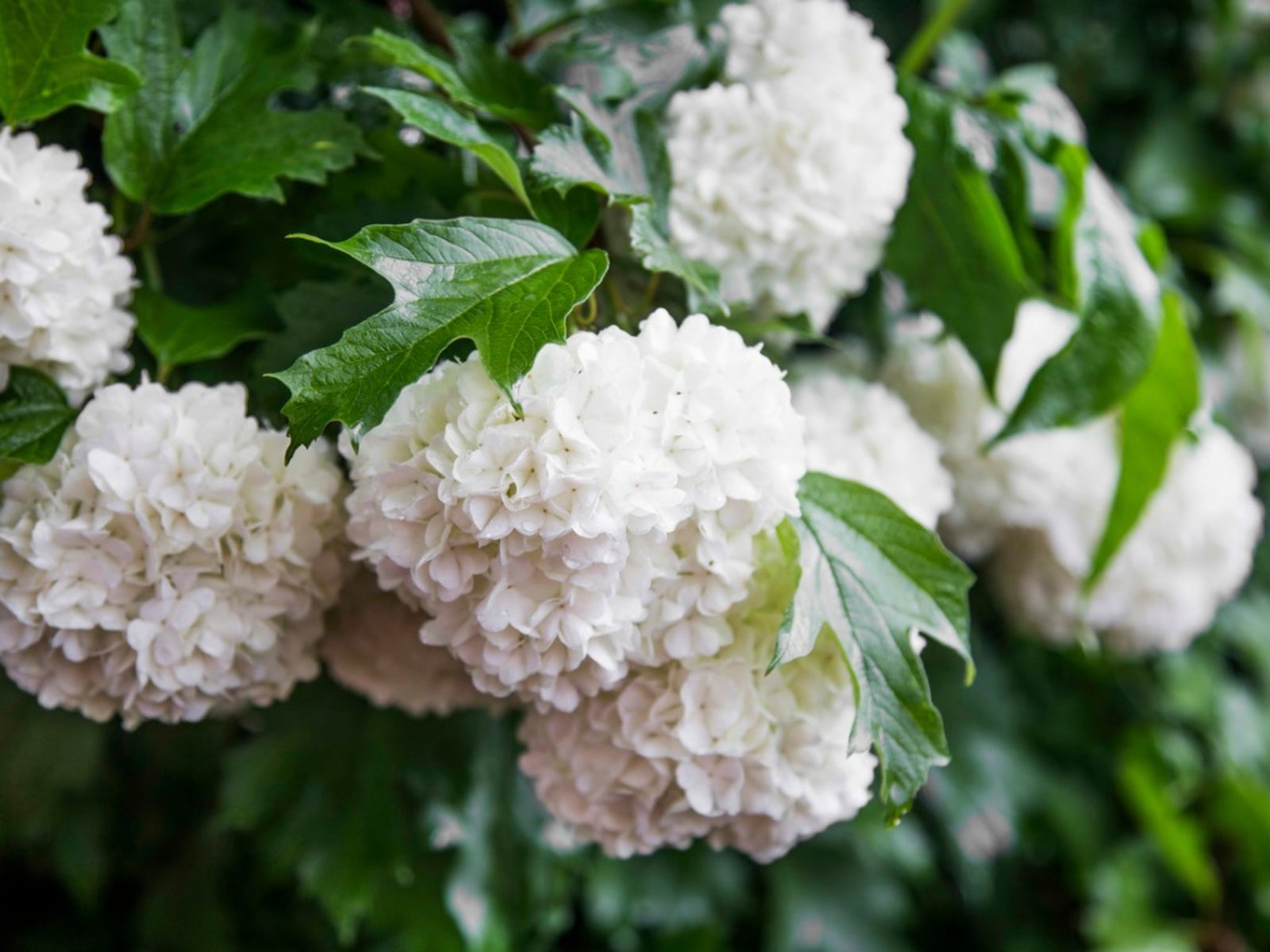Rooting Viburnum Cuttings: How To Propagate Viburnum From Cuttings


Viburnum is one of the most versatile and beautiful ornamental plants, with several seasons of interest. Like many woody plants, propagating viburnum from cuttings is the most effective way to replicate the bush.
Viburnum plant cuttings can come from either softwood or hardwood, but a few techniques and tricks are necessary to enhance rooting and ensure your new plants thrive. Learn how to propagate viburnum from cuttings and save a bundle by growing your own stock of these wonderful plants.
When to Take Cuttings from Viburnum
Viburnum plants are primarily native to temperate regions of the Northern Hemisphere, although some occur in South America, Southeast Asia, and across Russia and the Ukraine. Plants have attractive lightly scalloped leaves, stunning flowers, and clusters of small fruits.
Propagating viburnum can ensure an exact cloned plant from the parent while giving an interesting look into the practices that successful growers employ. One of the most important aspects of propagation through cuttings is timing.
Every plant is different, but viburnum can be propagated either by soft or hardwood cuttings. Hardwood will be a bit more difficult to root, while rooting viburnum cuttings taken in mid to late spring, which are softwood cuttings, tend to root much easier. Hardwood viburnum plant cuttings are already dormant and are rigid with plant cells in an inactive state of growth.
Autumn, after leaves have fallen, is the best time to take hardwood cuttings, but success has been achieved with those taken in the dead of winter as well. For the novice, spring is probably your best bet as to when to take cuttings from viburnum.
Plant cells are awakening and ready to grow, which increases the chances of a quicker and more successful rooting.
Sign up for the Gardening Know How newsletter today and receive a free copy of our e-book "How to Grow Delicious Tomatoes".
Viburnum from Softwood Cuttings
Viburnum plant cuttings should always be taken with sterile, sharp instruments. Keep softwood cuttings moist and use immediately for best results. The best size is a 4 to 6 inch (10-15 cm.) section from vigorous shoots. Time of day is also important.
Take specimens in the morning, preferably after a rain. Remove the leaves from the lower third of the cutting. Provide a rooting medium of 1 part peat and 1 part perlite or substitute horticultural sand for the perlite, if preferred.
Pre-moisten the rooting medium. Rooting hormones can enhance rooting but are not strictly necessary. Remember, you only need a touch on the cut end of the stem. Insert the cut end into the prepared medium one-third to one-half its length.
Cover with plastic and set containers in indirect light. Keep the medium lightly moist and mist the cuttings occasionally to keep them moist. Rooting time is variable but check by gently tugging on the cutting in four weeks.
Viburnum from Hardwood Cuttings
Rooting viburnum cuttings from hardwood can be a bit more difficult. Here a rooting hormone is definitely recommended. Take an angled cutting of 8 to 10 inches (20-25 cm.), with several growth nodes.
Remove any leaves on the cutting and dip the cut end into water, then into a small amount of rooting hormone. You may use the same medium you use for softwood cuttings or a mixture of 40 percent peat moss and 60 percent perlite. Cuttings can be set into containers at two-thirds their length and then treated the same as softwood cuttings.
Some growers also had success simply setting plants into appropriate media in a cold frame or basement. Rooting may be slower because heat does speed up the process, but the cutting will survive with light watering and rooting will emerge quickly in spring.

Bonnie Grant is a professional landscaper with a Certification in Urban Gardening. She has been gardening and writing for 15 years. A former professional chef, she has a passion for edible landscaping.